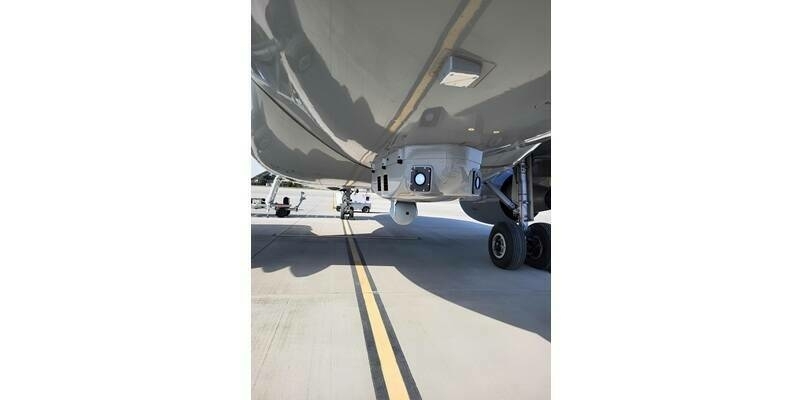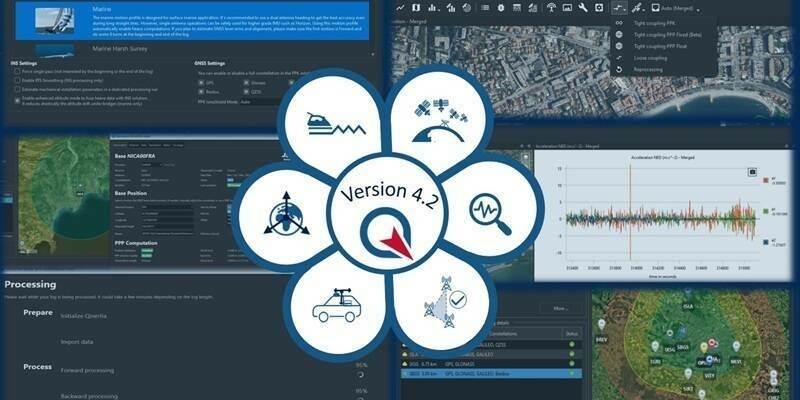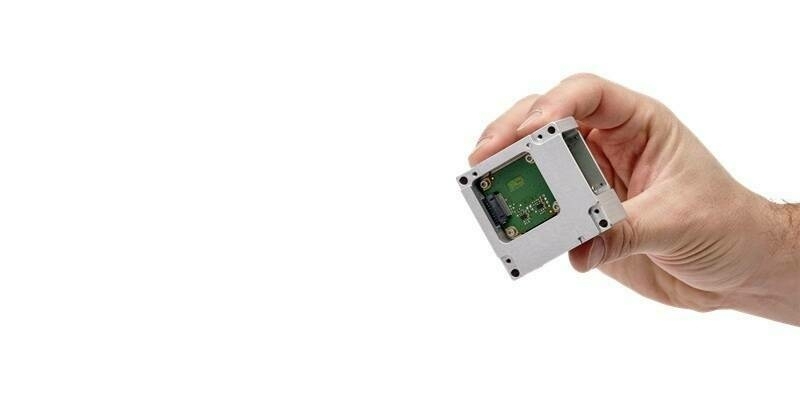A Glasgow-based start-up specialising in advanced imaging technology is hoping to send its cameras to space after securing support from the Start Up Loans programme to take the business to new heights.
Launched in January 2022 by metasurface physicists Charles Altuzarra and Yash Shah, Metahelios has created a first-of-its-kind long-distance camera that can distinguish between different materials from a still image and could benefit a range of sectors. To prove the capabilities of the remote imaging technology, the pair are in talks with the UK Space Agency to join one of this year’s rocket launches from British soil.
Charles and Yash recently each received a £25,000 loan through the British Business Bank’s Start Up Loans programme, with the support of Transmit Startups. The combined £50,000 finance will enable them to invest in manufacturing and testing prototypes, as well as growing the team.
By capturing 100,000 frames per second and using metasurfaces to manipulate light passing through a material, Metahelios’ cameras can tell the difference between objects which, to the naked eye, would otherwise appear to be exactly the same in a still image. The cameras could, for example, be used in agriculture to monitor crops remotely, by climate scientists to look at cloud formations, or by the aerospace sector to monitor any orbiting space debris.
Metasurfaces are engineered electromagnetic materials designed specifically for the way they impact radio, microwave, optical and acoustic waves and the emerging technology was identified as a priority area in the UK Government’s 2021 Innovation Strategy[1].
While remote sensing has been explored since the 1970s, the only devices that can currently detect different materials using imaging are large and comprise of many moving parts including rotating mirrors, which would likely not survive the turbulent journey into space. Metahelios’ new pixel metasurface-integrated technology is compact in comparison and could provide a significant boost to satellite imaging systems.
According to a report by Lux Research, the global market for metasurface technology could reach $10.7 billion by 2030, with sensing accounting for $5.5 billion of that figure.
Subscribe to our newsletter
Stay updated on the latest technology, innovation product arrivals and exciting offers to your inbox.
Newsletter

